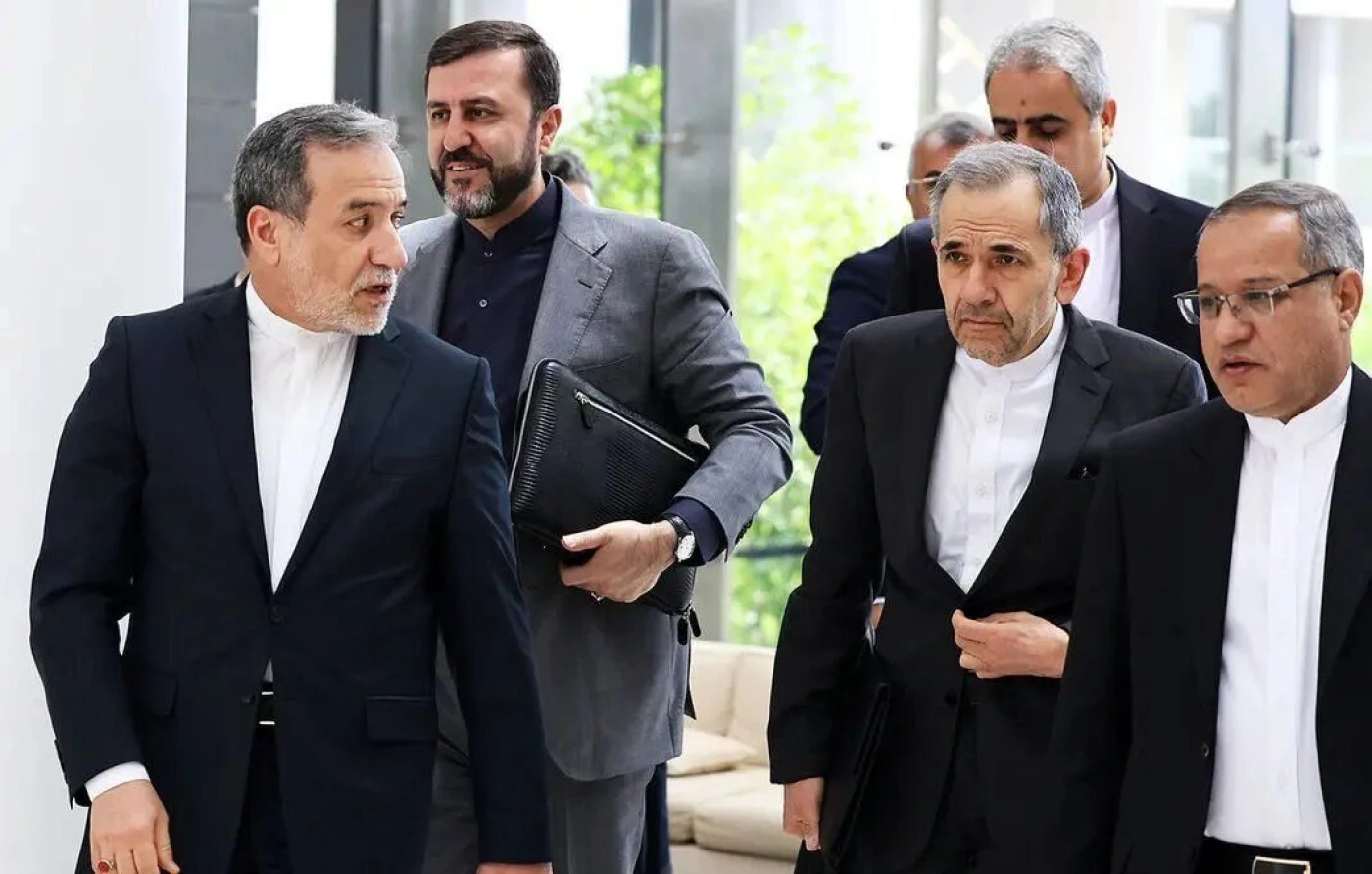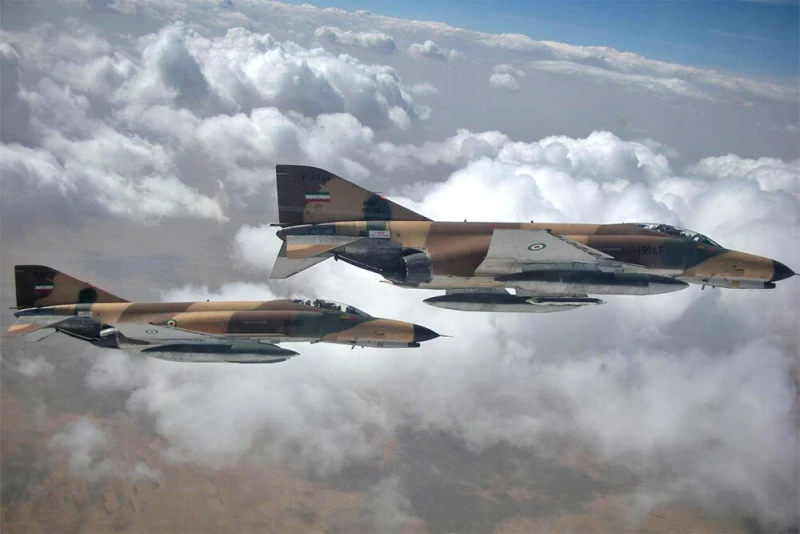ERBIL, Kurdistan Region of Iraq - Iran’s foreign ministry on Wednesday accused the United States of “cheap restrictions” aimed at disrupting its diplomatic presence in New York, as the Iranian delegation at the UN General Assembly faces new rules on travel and shopping.
The restrictions are a “new low in terms of showcasing the extent of animosity of US administration towards Iran,” said ministry spokesperson Esmail Baghaei, accusing Washington of “systematic harassment of Iranian diplomats” which he said has obstructed delegates from attending “several multilateral events that were held outside the so-called ‘permitted parameters’ during this week only.”
The US State Department announced Tuesday that the restrictions are part of its "maximum pressure" policy against Tehran. The delegation is restricted from entering "luxury shops" and is only permitted to travel to "the areas strictly necessary," a statement said, noting that the people of Iran are suffering from poverty and energy shortages.
The delegation's attendance at the yearly meeting comes as Iran is on the verge of facing the "snapback mechanism" from European countries, a move that would reinstate international sanctions due to a lack of cooperation on Tehran's nuclear program.
Western powers believe Tehran is pursuing efforts to develop nuclear weapons, while Iran maintains its nuclear program is for peaceful purposes.
Iranian Supreme Leader Ayatollah Ali Khamenei said Tuesday that nuclear negotiations with the US are a "complete deadlock" and would lead to "irreparable losses" in the current circumstances.
Iran had warned earlier in the week that it would suspend cooperation with the UN nuclear watchdog if the UN Security Council votes to activate the snapback mechanism by September 28.
Under the 2015 nuclear accord, officially known as the Joint Comprehensive Plan of Action (JCPOA), the snapback mechanism permits the reactivation of UN sanctions if Iran is deemed in violation of its nuclear obligations.
Iran has also repeatedly threatened to withdraw from the Nuclear Non-Proliferation Treaty (NPT) if the snapback mechanism takes effect.
Earlier in September, Iranian Foreign Minister Abbas Araghchi signed an agreement with the International Atomic Energy Agency (IAEA) in Cairo, allowing the watchdog access to Iran’s nuclear facilities and permitting it to resume work in the country



 Facebook
Facebook
 LinkedIn
LinkedIn
 Telegram
Telegram
 X
X


